
Ego Check
Why Executive Hubris is Wrecking Companies and Careers and How to Avoid the Trap
Recommendation
Mathew Hayward’s unusual book draws upon mythology to establish a major business premise and then proves it statistically. The premise is that hubris (CEO arrogance) is usually the source of illogical corporate mistakes, such as overpayment for acquisitions. The author draws heavily upon his research and other studies about “behavioral decision theory” to back up the concept that great pride often brings on a great fall. This profundity is basic to the philosophy of Greek tragedy, Dante, Shakespeare and Milton. The author used this concept to analyze more than 100 corporate mergers. He found that CEOs were usually the decision makers behind substantial overpayments for acquisitions. He concludes that egomania and narcissism, but not courage and conviction, must be “checked at the door.” getAbstract recommends this interesting, thoughtful book.
Summary
About the Author
Mathew Hayward served in the Wall Street battlefield as a venture capitalist and investment banker. He turned to academe in 1992 to earn a Ph.D. at Columbia. He is now an assistant professor at the University of Colorado business school, a management consultant and a leading researcher on “hubris.”








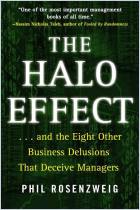
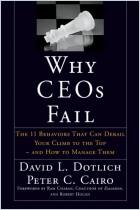
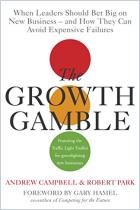
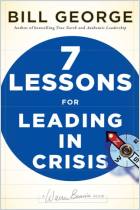

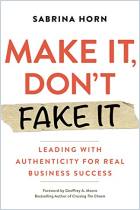



Comment on this summary or Comenzar discusión